Are you in need of heat pump servicing? Look no further than Quality Air, where Lindsay, our highly knowledgeable and experienced expert, will guide you through the entire process from initial quote to installation. With over 30 years of experience and a tried and tested reputation in the Wellington and Hutt Valley areas, you can trust us to provide top-notch service. As a one-man band, we don’t favor any particular brand, giving you the widest choice at the best price. Don’t hesitate, book your free in-home assessment today and discover how we can meet your needs while saving you money.
Heat Pump Servicing
Heat pump servicing is an essential part of maintaining the efficiency, performance, and lifespan of your heat pump. Regular servicing not only ensures that your heat pump operates at its optimal level but also helps prevent costly repairs and improves indoor air quality. In this article, we will discuss the importance of regular servicing, signs that your heat pump needs servicing, the benefits of professional heat pump servicing, DIY heat pump servicing tips, common mistakes to avoid, the frequency of heat pump servicing, the cost of heat pump servicing, how to choose a reliable heat pump servicing company, and the importance of maintaining servicing records.
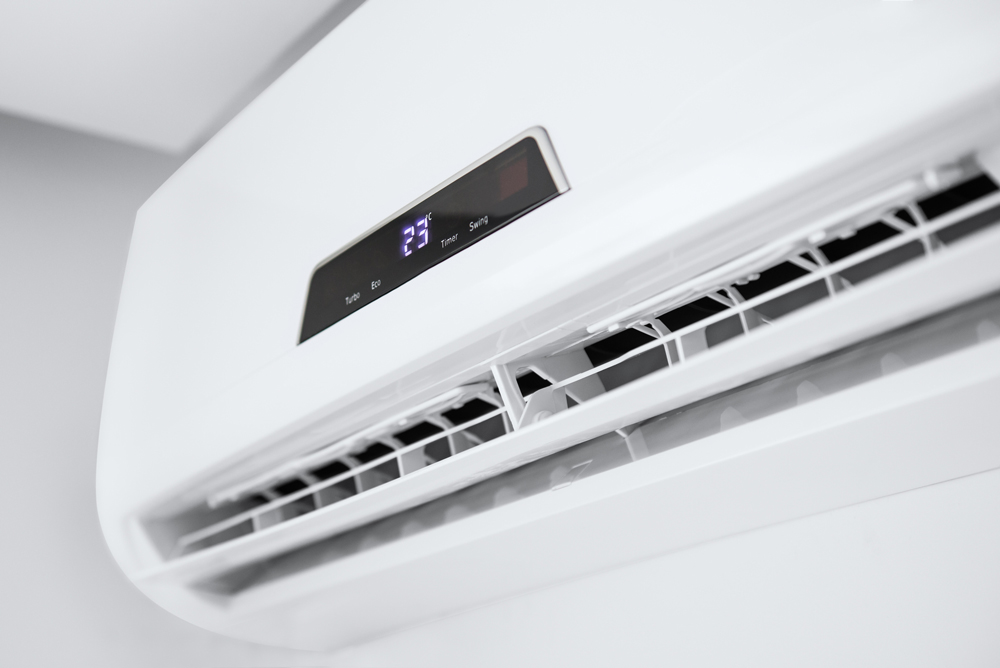
Importance of Regular Servicing
Regular servicing of your heat pump is important for several reasons. First and foremost, it ensures efficient performance. Over time, dust and debris can accumulate in the filters and coils, hindering the airflow and reducing the heat pump’s effectiveness. By regularly cleaning and maintaining these components, you can ensure that your heat pump operates at its optimal level, providing you with maximum comfort.
Furthermore, regular servicing helps to increase the lifespan of your heat pump. Just like any other mechanical system, a heat pump requires regular maintenance to keep it in good working condition. By identifying and addressing potential issues early on, you can prevent major breakdowns and extend the lifespan of your heat pump.
Another important benefit of regular servicing is improving indoor air quality. A heat pump circulates air throughout your home, so it’s important to ensure that the air being circulated is clean and free from pollutants. Regular servicing includes cleaning or replacing the filters, which helps remove dust, allergens, and other particles from the air, improving the indoor air quality in your home.
Regular servicing also helps prevent costly repairs. Small issues, if left unaddressed, can quickly escalate and lead to major breakdowns that require expensive repairs. By regularly servicing your heat pump, you can identify and address these issues early on, saving you money in the long run.
Lastly, regular servicing helps validate the warranty of your heat pump. Many manufacturers require proof of regular servicing to honor the warranty. By keeping a record of your servicing history, you can ensure that your warranty remains valid and that any repairs or replacements are covered.
Signs that Your Heat Pump Needs Servicing
While regular servicing is important, there are also signs that indicate when your heat pump may need immediate attention. These signs include:
Reduced heating or cooling output: If you notice that your heat pump no longer provides the same level of heating or cooling as before, it may be due to a problem with the system that requires servicing.
Increased energy bills: If your energy bills have suddenly spiked without any change in usage, it could be a sign that your heat pump is not operating efficiently and needs servicing.
Strange noises: Unusual noises coming from your heat pump, such as grinding, squealing, or banging sounds, could indicate a problem that needs to be addressed.
Unpleasant odors: Foul odors coming from the vents when the heat pump is running could indicate mold or mildew growth, which requires immediate attention.
Inconsistent temperature: If you notice that some areas of your home are warmer or cooler than others, it could be a sign that your heat pump needs servicing.
Frequent on and off cycling: If your heat pump is constantly turning on and off, it could be due to a fault in the system that needs to be addressed.
Ice buildup on the outdoor unit: Ice buildup on the outdoor unit is a sign that the heat pump is not defrosting properly and may need servicing.
Poor airflow: If you notice weak airflow from the vents or if some rooms are not getting enough airflow, it could indicate a problem with your heat pump that needs to be fixed.
Water leaks: Any water leaks around your heat pump or condensation buildup could be a sign of a problem that requires immediate attention.
If you notice any of these signs, it’s important to schedule a servicing appointment as soon as possible to prevent further damage to your heat pump.
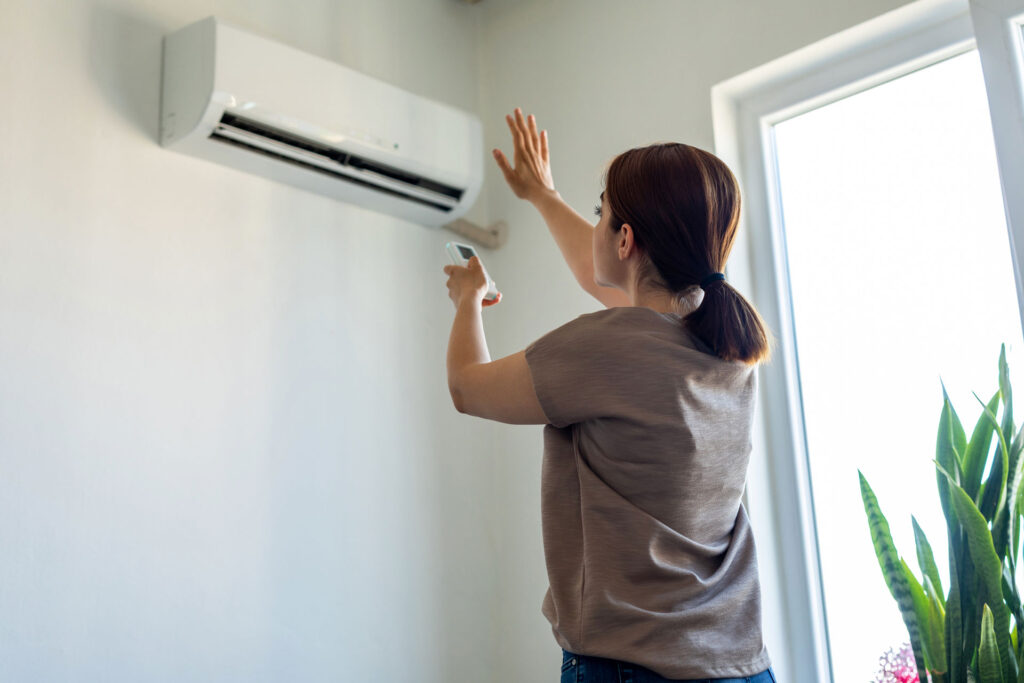
Benefits of Professional Heat Pump Servicing
While there are some maintenance tasks that you can perform yourself, there are several benefits to hiring a professional for heat pump servicing. These benefits include:
Expertise and experience: Professional heat pump technicians have the knowledge and experience to identify and address various issues that may arise during servicing.
Thorough inspection and cleaning: A professional heat pump servicing includes a thorough inspection and cleaning of all components, ensuring that your heat pump is in optimal condition.
Identifying potential issues: A professional technician can identify potential issues that may not be readily apparent, preventing future breakdowns and costly repairs.
Safety assurance: Heat pump systems involve electrical components and refrigerant, which can be dangerous if mishandled. Hiring a professional ensures that the servicing is done safely and according to industry standards.
Optimal efficiency and performance: Professional servicing ensures that your heat pump operates at its best, providing you with optimal efficiency and performance, which can lead to energy savings.
Extended lifespan: Regular professional servicing can help extend the lifespan of your heat pump, saving you money on premature replacements.
Access to specialized tools and equipment: Professional technicians have access to specialized tools and equipment that may be necessary for certain servicing tasks.
Compliance with manufacturer specifications: Professional servicing ensures that your heat pump is serviced according to the manufacturer’s specifications, keeping your warranty valid and preventing any potential issues.
Overall, hiring a professional for heat pump servicing provides you with peace of mind and ensures that your heat pump is well-maintained and operating efficiently.
DIY Heat Pump Servicing Tips
While it’s recommended to hire a professional for heat pump servicing, there are some maintenance tasks that you can perform yourself to keep your heat pump in good condition. Here are some DIY heat pump servicing tips:
Regular filter cleaning: Dust and debris can accumulate in the filters, hindering airflow and reducing efficiency. Regularly clean or replace the filters according to the manufacturer’s instructions.
Cleaning the outdoor unit: Remove any debris, leaves, or dirt from the outdoor unit to ensure proper airflow.
Clearing air vents and registers: Ensure that air vents and registers are not blocked by furniture or other objects, as this can restrict airflow.
Inspecting and cleaning the condensate drain: Check the condensate drain for any clogs or blockages and clear them if necessary, to prevent water leaks or damage.
Checking and adjusting thermostat settings: Check the thermostat settings to ensure they are correct and adjust them as needed for optimal comfort and energy efficiency.
Inspecting the electrical connections: Visually inspect the electrical connections for any signs of damage or loose connections. If you notice any issues, contact a professional for further inspection and repair.
Cleaning the fan blades: Dust and dirt can accumulate on the fan blades, hindering airflow and reducing efficiency. Carefully clean the fan blades using a soft brush or cloth.
Checking the refrigerant levels: Low refrigerant levels can impact the efficiency and performance of your heat pump. If you suspect low refrigerant levels, contact a professional to inspect and recharge the system if necessary.
Inspecting and lubricating moving parts: Check the moving parts of your heat pump, such as the fan motor and blower, for any signs of wear or lack of lubrication. Lubricate them as per the manufacturer’s recommendations.
Maintaining proper clearance around the unit: Ensure that there is proper clearance around the indoor and outdoor units to allow for proper airflow and prevent any obstructions.
While these DIY maintenance tasks can help keep your heat pump in good condition, it’s important to remember that they may not be sufficient for comprehensive servicing. Regular professional servicing is still recommended to ensure optimal performance and longevity of your heat pump.
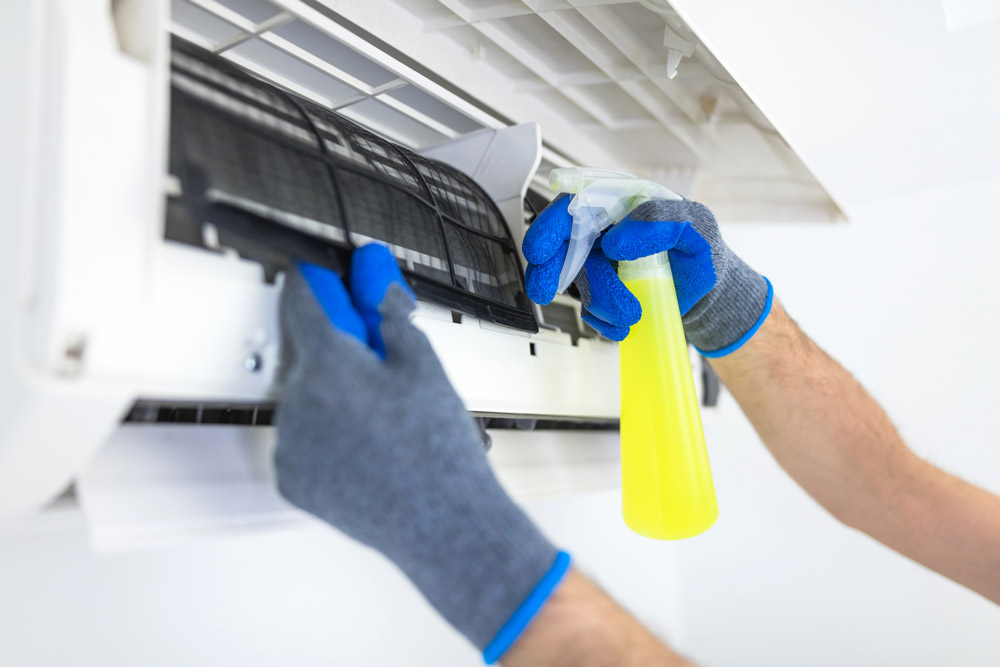
Steps Involved in Heat Pump Servicing
Professional heat pump servicing typically involves several steps to ensure that your heat pump is thoroughly inspected and maintained. These steps may include:
Initial inspection: The technician will visually inspect the heat pump for any visible issues or signs of wear and tear.
Cleaning the filters: The technician will clean or replace the filters to ensure proper airflow and indoor air quality.
Cleaning the indoor and outdoor units: The indoor and outdoor units will be thoroughly cleaned to remove any dust, debris, or buildup on the coils and fins.
Checking and adjusting electrical connections: The technician will inspect the electrical connections for any loose or damaged wires and make any necessary adjustments or repairs.
Inspecting and lubricating moving parts: Moving parts, such as the fan motor and blower, will be inspected for any signs of wear or lack of lubrication. Lubrication will be applied as needed.
Testing and calibrating thermostat: The thermostat will be tested and calibrated to ensure accurate temperature control and energy efficiency.
Checking refrigerant levels: The refrigerant levels will be checked to ensure they are within the manufacturer’s recommended range. If necessary, the technician will recharge the system with refrigerant.
Clearing condensate drain: The condensate drain will be inspected for any clogs or blockages and cleared if necessary.
Testing safety controls: All safety controls, such as high-pressure switches and safety switches, will be tested to ensure they are functioning properly.
Measuring airflow and temperature differential: The technician will measure the airflow and temperature differential to ensure that the heat pump is operating at its optimal level.
Final inspection and recommendations: The technician will conduct a final inspection of the heat pump, provide any recommendations for repairs or improvements, and answer any questions you may have.
It’s important to note that the specific steps involved in heat pump servicing may vary depending on the make and model of your heat pump and any specific recommendations from the manufacturer.
Common Heat Pump Servicing Mistakes to Avoid
While regular heat pump servicing is important, it’s equally important to avoid common mistakes that can compromise the effectiveness and safety of your heat pump. Here are some common heat pump servicing mistakes to avoid:
Neglecting regular servicing: One of the biggest mistakes is neglecting regular servicing. Regular servicing helps prevent major breakdowns and costly repairs, so it should not be overlooked.
Using incorrect cleaning products: Using improper cleaning products can damage the components of your heat pump. Always follow the manufacturer’s recommendations for cleaning products.
Not following manufacturer guidelines: It’s crucial to follow the manufacturer’s guidelines for servicing and maintenance. Failure to do so can void the warranty and lead to potential issues.
Inadequate inspection: A thorough inspection is essential to identify potential issues. Rushing through the inspection process may result in missed problems that can escalate over time.
Improper handling of electrical components: Heat pumps involve electrical components that can be dangerous if mishandled. Always turn off the power and follow safety procedures when working with electrical components.
Overlooking safety measures: Safety should always be a priority when servicing your heat pump. Follow safety guidelines and use proper safety equipment to prevent accidents or injuries.
Improper lubrication: If you lubricate moving parts, make sure to use the correct lubricant and apply it according to the manufacturer’s recommendations. Over-lubrication or using the wrong lubricant can cause damage.
Incorrect refrigerant charging: Adding refrigerant without properly measuring and charging the system can lead to inefficiency and potential damage to the heat pump. Leave refrigerant charging to the professionals.
Ignoring warning signs: Ignoring warning signs, such as strange noises or reduced performance, can lead to major breakdowns and costly repairs. Address any issues promptly to prevent further damage.
Failure to maintain servicing records: Keeping a record of your heat pump servicing is important for warranty claims, resale value, and tracking the maintenance history of your heat pump. Failure to maintain records can result in difficulties down the line.
By avoiding these common mistakes, you can ensure that your heat pump is properly serviced and maintained for optimal performance and longevity.
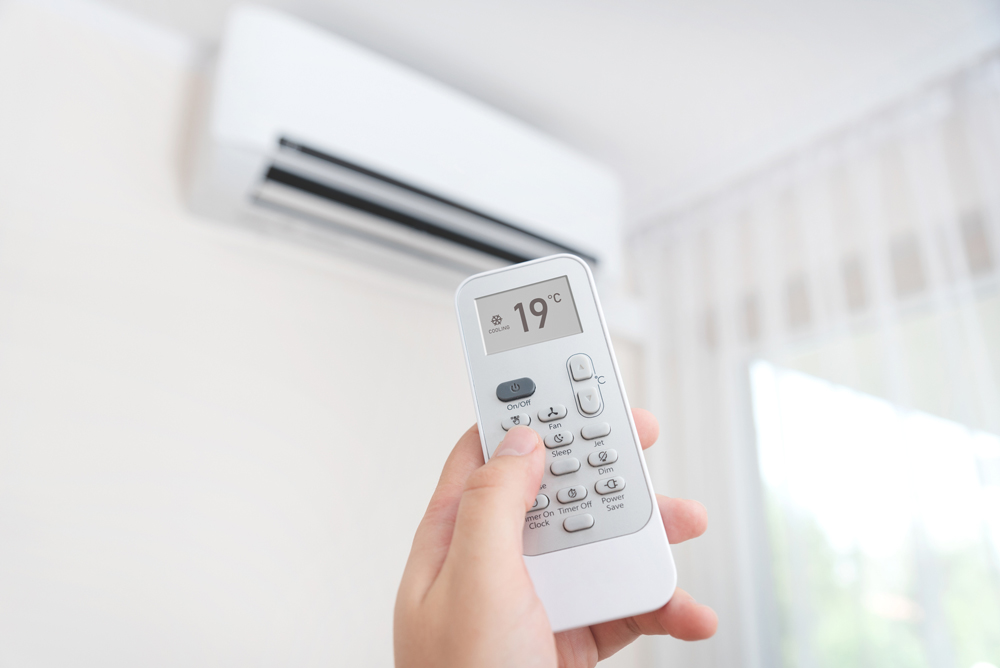
Frequency of Heat Pump Servicing
The frequency of heat pump servicing depends on several factors, including the manufacturer’s recommendations, climate and usage, age and condition of the heat pump, and maintenance history. Here are some factors to consider when determining the frequency of heat pump servicing:
Manufacturer’s recommendations: Manufacturers typically provide guidelines for the recommended frequency of servicing. Follow these recommendations to ensure that your heat pump remains in good working condition.
Climate and usage: Heat pumps in areas with high humidity, extreme temperatures, or heavy usage may require more frequent servicing to maintain optimal performance.
Age and condition of the heat pump: Older heat pumps or those in poor condition may require more frequent servicing to address potential issues and keep them running smoothly.
Maintenance history: If your heat pump has a history of breakdowns or issues, it may be advisable to have it serviced more frequently to prevent future problems.
Considerations for commercial vs. residential units: Commercial heat pump systems often have higher usage and may require more frequent servicing compared to residential units.
It’s important to consult with a professional heat pump technician to determine the appropriate frequency of servicing for your specific heat pump. They will be able to assess the unique factors affecting your heat pump and provide personalized recommendations.
Cost of Heat Pump Servicing
The cost of heat pump servicing can vary depending on several factors. Here are some factors that can affect the cost:
Size and complexity of the heat pump system: Larger or more complex heat pump systems may require more time and effort to service, which can increase the cost.
One-time servicing vs. maintenance contracts: One-time servicing may be less expensive upfront, but maintenance contracts that cover multiple visits throughout the year may offer better value in the long run.
Average cost range: The average cost of heat pump servicing can range from $100 to $300, depending on the specific services performed and the region in which you live.
Getting multiple quotes: It’s always a good idea to get multiple quotes from different heat pump servicing companies to compare prices and ensure you are getting a fair deal.
Value for money: When considering the cost of heat pump servicing, it’s important to evaluate the value for money. A reputable company that provides thorough servicing and maintains the manufacturer’s specifications may offer better long-term value, even if their initial cost is slightly higher.
Ultimately, the cost of heat pump servicing should be viewed as an investment in the longevity and efficiency of your heat pump. Regular servicing can help prevent major breakdowns and costly repairs, potentially saving you money in the long run.
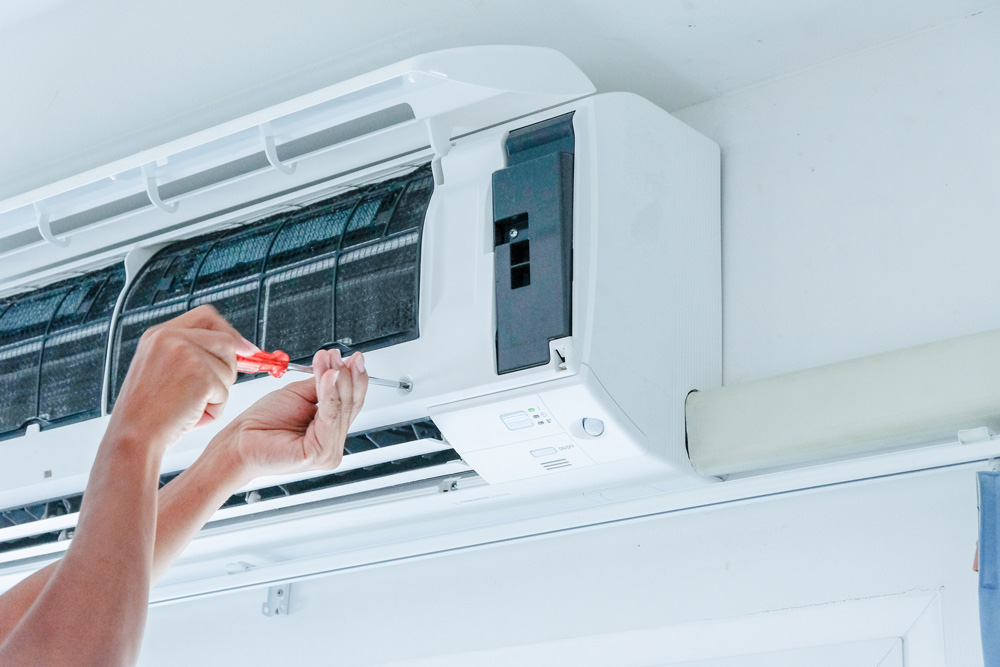
Choosing a Reliable Heat Pump Servicing Company
When choosing a heat pump servicing company, it’s important to find one that is reliable and trustworthy. Here are some factors to consider when selecting a heat pump servicing company:
Experience and expertise: Look for a company that has a solid track record and years of experience in heat pump servicing. They should have technicians who are knowledgeable, experienced, and certified in heat pump servicing.
Reputation and reviews: Check online reviews and testimonials from previous customers to get an idea of the company’s reputation. A reputable company will have positive reviews and satisfied customers.
Licensing and certification: Ensure that the company and its technicians are properly licensed, certified, and insured. This ensures that they have met the necessary requirements and standards for servicing heat pumps.
Range of services: Choose a company that offers a comprehensive range of heat pump services, including servicing, repairs, and installations. This ensures that they have the expertise to handle any issues that may arise.
Response time and availability: It’s important to find a company that can respond to your service requests promptly and is readily available to address any emergencies or urgent servicing needs.
Pricing and transparency: Request a detailed breakdown of the cost of servicing and compare prices from multiple companies. A reputable company will provide transparent pricing and clearly explain the services included in the cost.
Recommendations and referrals: Ask friends, family, or neighbors for recommendations or referrals to reputable heat pump servicing companies. Personal referrals are often a reliable way to find a trustworthy company.
Guarantee or warranty: Inquire about any guarantee or warranty provided by the company for their servicing. A company that stands behind their work will usually offer some form of guarantee or warranty.
By considering these factors and doing your due diligence, you can choose a reliable heat pump servicing company that meets your needs and provides quality service.
Importance of Maintaining Servicing Records
It’s essential to maintain accurate records of your heat pump servicing for several reasons. Some of the key reasons include:
Tracking servicing history: Keeping records of your heat pump servicing allows you to track when the last service was performed, what tasks were completed, and any issues or recommendations provided. This helps you establish a maintenance history for your heat pump, which can be useful for future reference.
Scheduling future servicing: By maintaining servicing records, you can easily determine when your heat pump is due for its next servicing and schedule it accordingly. This ensures that your heat pump receives regular maintenance, preventing issues and maximizing its lifespan.
Warranty claims: If your heat pump is covered by a warranty, maintaining servicing records is crucial. Many warranties require proof of regular servicing to remain valid. If you need to make a warranty claim, having proper records will provide the necessary evidence of maintenance and increase the likelihood of having your claim approved.
Resale value: If you plan to sell your home or the heat pump itself, maintaining servicing records can increase the resale value. Prospective buyers will appreciate having a documented maintenance history, giving them confidence in the condition and reliability of the heat pump.
Compliance with insurance requirements: Some insurance policies may require proof of regular maintenance for your heat pump. By maintaining accurate servicing records, you can ensure compliance with these requirements and maintain the validity of your insurance coverage.
Overall, maintaining accurate servicing records is essential for proper maintenance, warranty claims, resale value, and insurance compliance. Keep all documentation, including service invoices, receipts, and any other relevant information, in a safe and easily accessible place.
In conclusion, heat pump servicing is a vital aspect of maintaining the efficiency, performance, and longevity of your heat pump. Regular servicing ensures efficient performance, increases the lifespan of the heat pump, improves indoor air quality, prevents costly repairs, and validates the warranty. It’s important to be aware of the signs that indicate your heat pump needs servicing and to hire a professional for comprehensive servicing. While some maintenance tasks can be done DIY, it’s recommended to consult with a professional for optimal results. The frequency of heat pump servicing depends on various factors, and the cost can vary depending on the services required and the company chosen. When selecting a heat pump servicing company, consider their experience, reputation, range of services, pricing, and availability. Finally, maintaining accurate servicing records is crucial for tracking maintenance history, scheduling future servicing, warranty claims, resale value, and insurance compliance. By prioritizing heat pump servicing and following these guidelines, you can ensure that your heat pump operates at its best and provides you with optimal comfort and energy efficiency.




